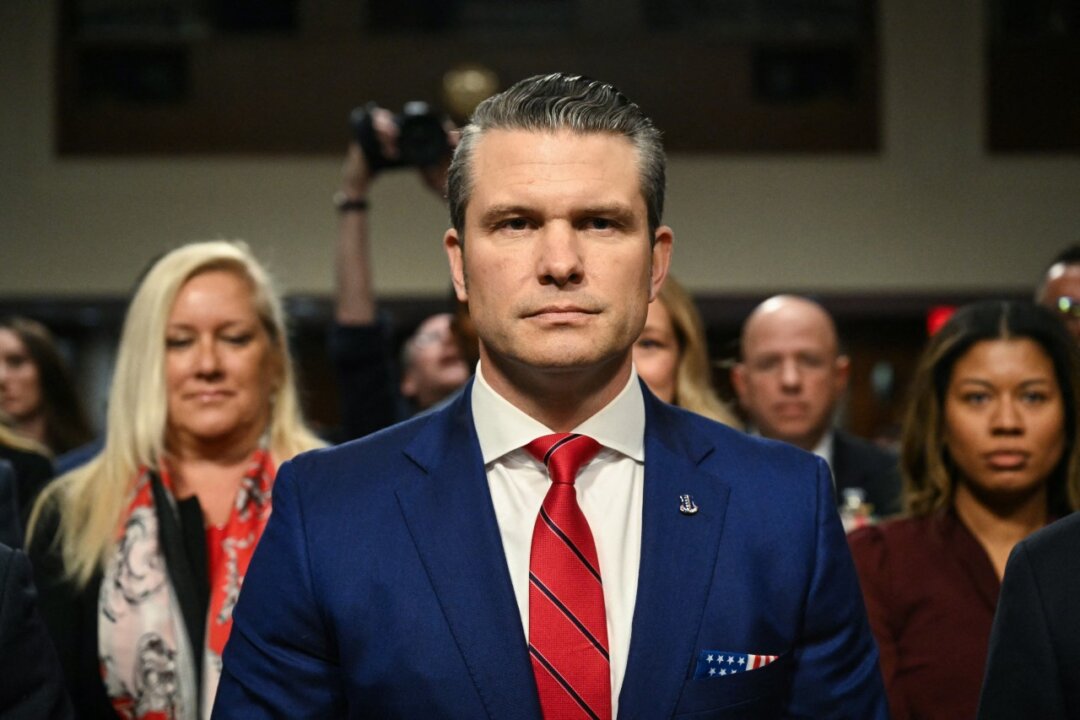
This week will be busy on Capitol Hill as 13 of President-elect Donald Trump’s nominees will be questioned by Senate committees.
Constitutional Requirement
Almost all Cabinet nominees require Senate confirmation in accordance with the Constitution, which states that the president “shall nominate, and by and with the Advice and Consent of the Senate, shall appoint Ambassadors, other public Ministers and Consuls, Judges of the Supreme Court, and all other Officers of the United States, whose Appointments are not herein otherwise provided for.”
Going Before Committees
The nominees testify before the applicable committees. For example, Sen. Marco Rubio (R-Fla.), Trump’s pick for secretary of state, is scheduled to go before the Senate Foreign Relations Committee on Jan. 15, while Doug Burgum, the president-elect’s nominee to lead the Interior Department, is set to testify before the Senate Committee on Energy and Natural Resources, the day before.
Senators on committees will ask the nominees about their agenda if they are confirmed and test their knowledge about topics related to the portfolio they would take up if they get the job.
Committee Votes on Whether to Advance Nominees
Afterward, the committees will vote on whether to advance the nominee for a full vote on the Senate floor. A nominee being rejected by a committee does not mean that he or she cannot get a vote before the full Senate; therefore, the committee vote is non-binding.
Original News Source Link – Epoch Times
Running For Office? Conservative Campaign Consulting – Election Day Strategies!
